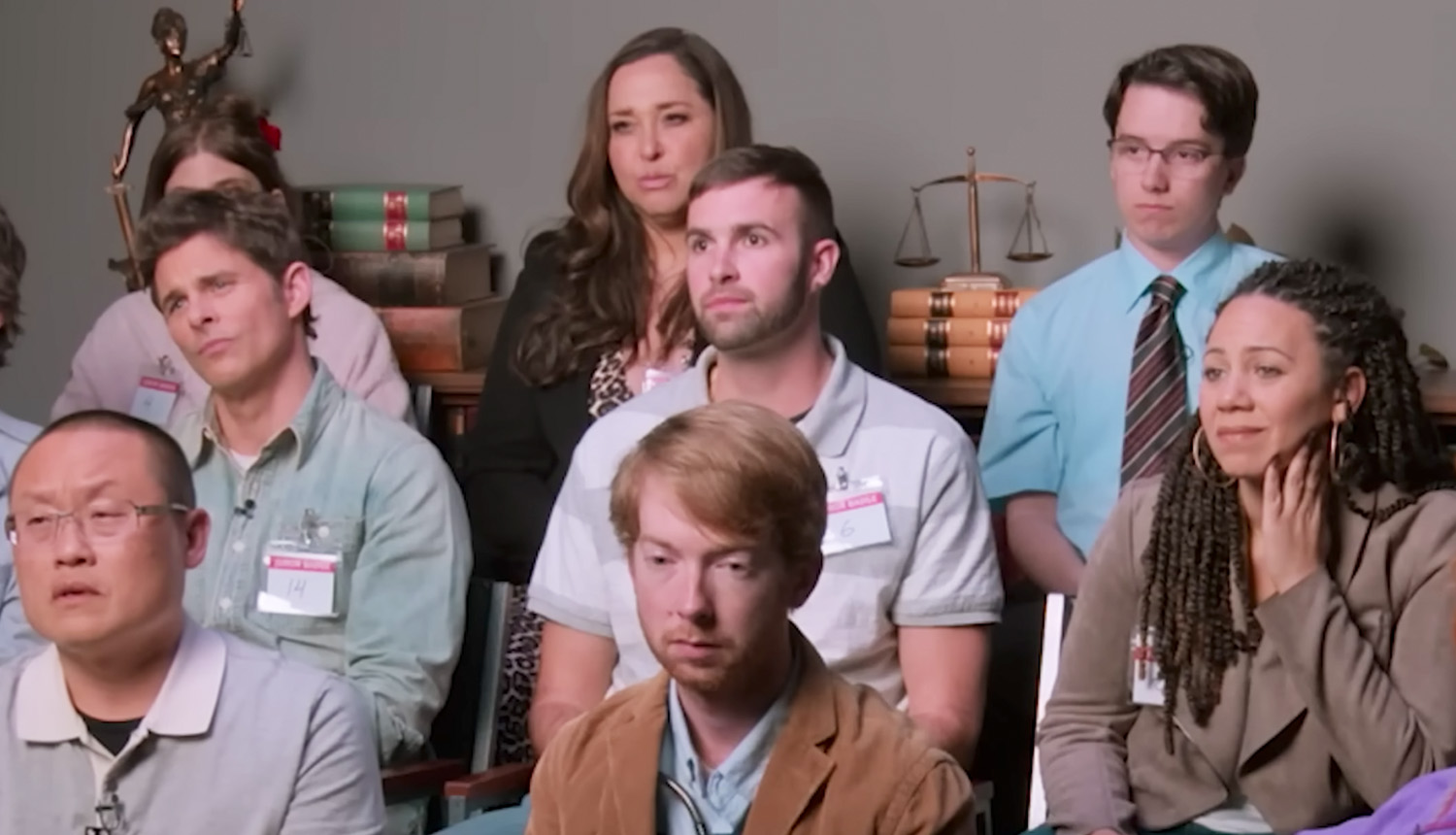Jury duty is a civic responsibility that ensures the right to a fair trial for all individuals. Being summoned for jury duty can be a daunting experience for many people, especially when it comes to the jury duty interview process. This article aims to demystify what you can expect during the jury duty interview, the importance of this process, and how you can prepare for it. Whether it’s your first time or you are a seasoned juror, understanding the ins and outs of this essential civic duty can help ease your nerves and boost your confidence.
The jury duty interview serves as a crucial step in the selection of jurors for legal cases. During this process, potential jurors are questioned by the judge and attorneys to determine their suitability for serving on a jury. The questions posed can range from general inquiries about your background to specific questions related to your beliefs and experiences that may influence your judgment in a case. This article will provide you with a comprehensive guide on how to navigate this interview successfully.
By being informed and prepared, you can approach your jury duty interview with greater ease and assurance. In the following sections, we will explore the common questions asked during the interview, discuss what to expect on the day, and provide useful tips to help you present yourself effectively. Whether you feel anxious or curious, this guide will equip you with the knowledge you need to understand the jury duty interview process better.
What is the Purpose of the Jury Duty Interview?
The jury duty interview serves several key purposes, including:
- Ensuring impartiality: The primary goal is to select jurors who can approach the case without bias.
- Assessing qualifications: The interview helps determine whether potential jurors meet the legal requirements to serve.
- Gathering information: Attorneys and judges use the interview to gather information about jurors that may affect their ability to render a fair verdict.
What Should You Expect During the Jury Duty Interview?
During the jury duty interview, potential jurors can expect to participate in a process that involves:
- Introduction: The judge will introduce themselves and explain the case for which jurors are being selected.
- Questioning: Both the judge and attorneys will ask questions to evaluate your background, beliefs, and potential biases.
- Group and individual sessions: Interviews may be conducted in a group setting or one-on-one, depending on the court's practices.
- Time for questions: Jurors may have the opportunity to ask questions about the process or the case.
What Kind of Questions Will You Be Asked?
Questions during the jury duty interview can vary widely, but common types include:
- Background questions: These may cover your occupation, education, and family.
- Opinion questions: Jurors may be asked about their views on certain issues relevant to the case.
- Experience questions: Past experiences that might influence your perspective as a juror may be explored.
How Can You Prepare for the Jury Duty Interview?
Preparation is key to feeling confident during your jury duty interview. Here are some tips:
- Review your summons: Familiarize yourself with the details, including the court location and time.
- Reflect on your views: Think about your beliefs and how they may relate to the case.
- Practice answering questions: Consider potential questions and practice your responses.
What Should You Wear to the Jury Duty Interview?
Your attire can make a significant impression during the jury duty interview. It's advisable to dress in business casual or formal clothing. This shows respect for the court and its proceedings. Consider wearing:
- Dress shirts or blouses
- Trousers or skirts
- Closed-toe shoes
What Happens After the Jury Duty Interview?
Once the jury duty interview is complete, the court will make a decision about which jurors will be selected to serve on the case. If you are chosen, you will be given instructions on when and where to report for the trial. If you are not selected, you will be free to leave and may be dismissed from your jury duty obligations.
Can You Be Excused from Jury Duty?
In certain situations, individuals may request to be excused from jury duty. Common valid excuses can include:
- Medical reasons: If you have a health condition that prevents you from serving.
- Financial hardship: If serving would cause significant financial strain.
- Caregiver responsibilities: If you are the primary caregiver for someone who cannot care for themselves.
Are There Consequences for Not Attending Jury Duty?
Failing to attend jury duty can lead to various consequences, including:
- Fines: The court may impose financial penalties for non-compliance.
- Contempt of court: In extreme cases, failing to appear can result in legal repercussions.
- Rescheduling: You may be required to reschedule your jury duty for a later date.
Conclusion
Understanding the jury duty interview process is essential for anyone who has received a summons. By knowing what to expect and how to prepare, you can approach this civic duty with confidence. Remember to stay honest during the interview, dress appropriately, and be ready to share your thoughts and experiences. Serving on a jury is not just a responsibility; it is a vital part of upholding justice in our society. Embrace the experience, and you may find it to be rewarding and enlightening.
Unraveling The Mystery: Where Is Josephine Pintor Now?
Unraveling The Wealth Of Genesis Mia Lopez: A Deep Dive Into Her Net Worth
Unveiling The Legacy Of Joan Bennett Kennedy In 2023


